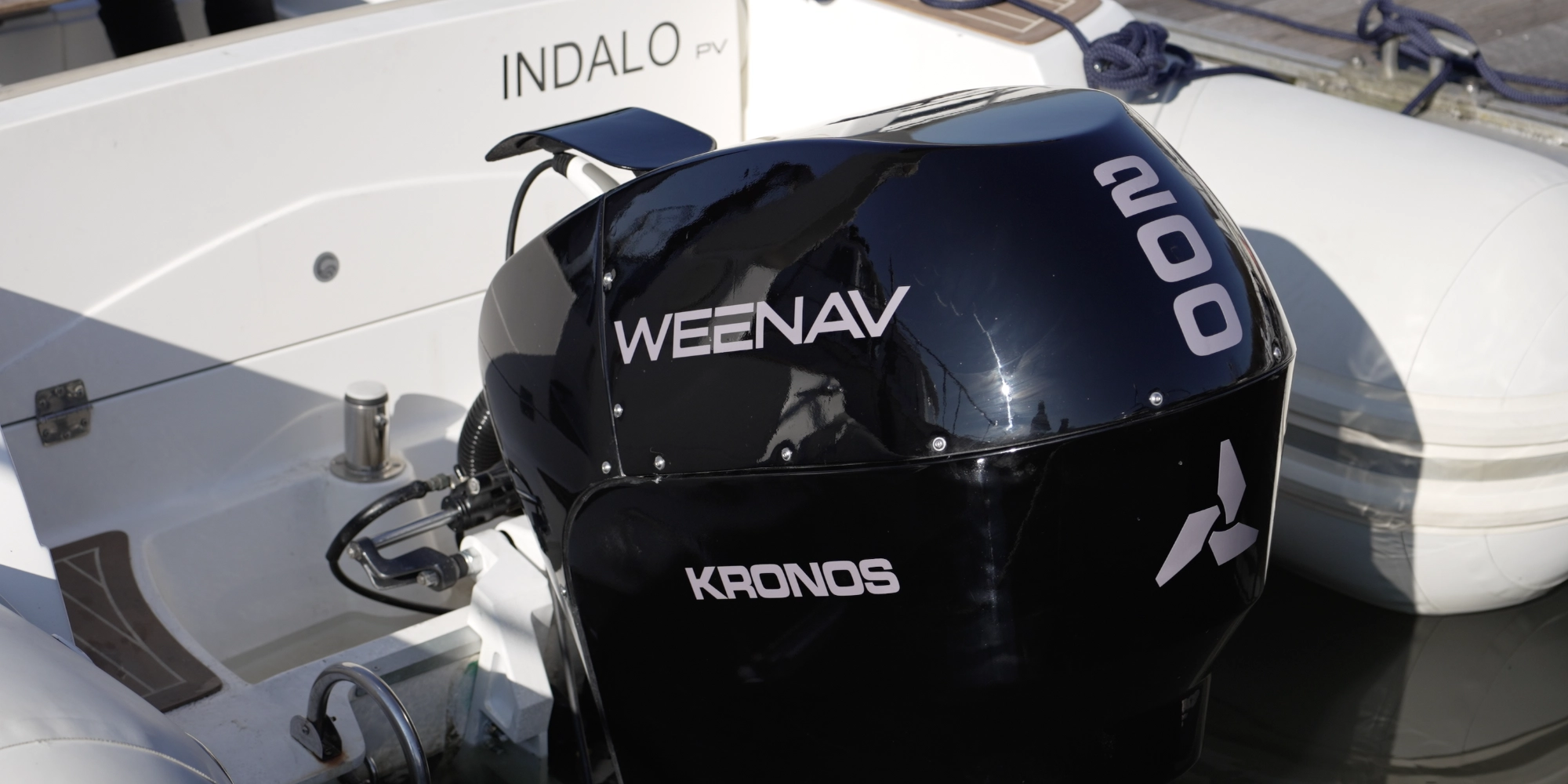Higher taxes on combustion engines since 2022
Since 1 January 2022, the taxation of pleasure boats has been radically overhauled with the introduction of the Annual Tax on Personal Watercraft (TAEMUP). This measure, which replaces the former DAFN, applies to all motorised pleasure boats registered in France or owned by a French tax resident. It also applies to vessels flying a foreign flag, provided they are operated by a French tax resident.
A scale based on length and thermal power
TAEMUP is based on two main elements:
Hull length (overall):
From 7 metres, a flat-rate tax applies. For example:
- 7 to 8 m : 77 €
- 8 to 9 m : 105 €
- 9 to 10 m : 152 €
- 15 m and above: up to €886
The administrative power of combustion engines, with an exemption for the first 5 fiscal horsepower. Beyond that, the progressive scale is as follows:
- 6–8 CV : 14 € / CV
- 9–10 CV : 16 € / CV
- 11–20 CV : 35 € / CV
- 21–25 CV : 40 € / CV
- 26–50 CV : 44 € / CV
- 51–99 CV : 50 € / CV
- 100 CV et plus : 64 € / CV
For VNMs (jet skis, water scooters) with a power rating of over 90 kW, taxation is based on kW (€3 between 90–159 kW, €4 above that).
Exemptions and allowances
In certain specific cases, the tax may be reduced or waived:
- Old boats: progressive reduction depending on the year of construction (e.g. 80% reduction if built before 1984).
- Boats classified as historic monuments or of heritage interest: total exemption.
- Registrations in Corsica: specific reductions of up to 50%.
A reform expected as early as 2025
The government has announced a possible revision of the TAEMUP in 2025, with the aim of aligning maritime taxation with national environmental policies. This reform could introduce new incentives for energy transition, or even increase taxation on the most powerful combustion engines. The details are not yet finalised, but the political will is clearly stated.
Electric propulsion: a concrete and sustainable solution
In this context, electric motors appear to be a sustainable and economically advantageous alternative. Electric motors are not subject to power tax, which means that a significant portion of the annual tax calculation can be avoided.
In addition to this tax advantage, electric propulsion offers numerous benefits:
- Significant noise reduction, improving comfort on board and coexistence with marine wildlife.
- Zero direct emissions of CO₂ or fine particles.
- Less mechanical maintenance (no oil changes, less wear and tear).
Weenav's commitment
At Weenav, we support boaters and professionals in their energy transition by offering electric propulsion solutions adapted to all types of boats: river, coastal or service vessels. We also integrate issues of autonomy, recharging and performance into our overall approach.
If you have any questions or require assistance, please do not hesitate to contact us.
Published on : 25/07/2025
Editor : Sophie Castelain



